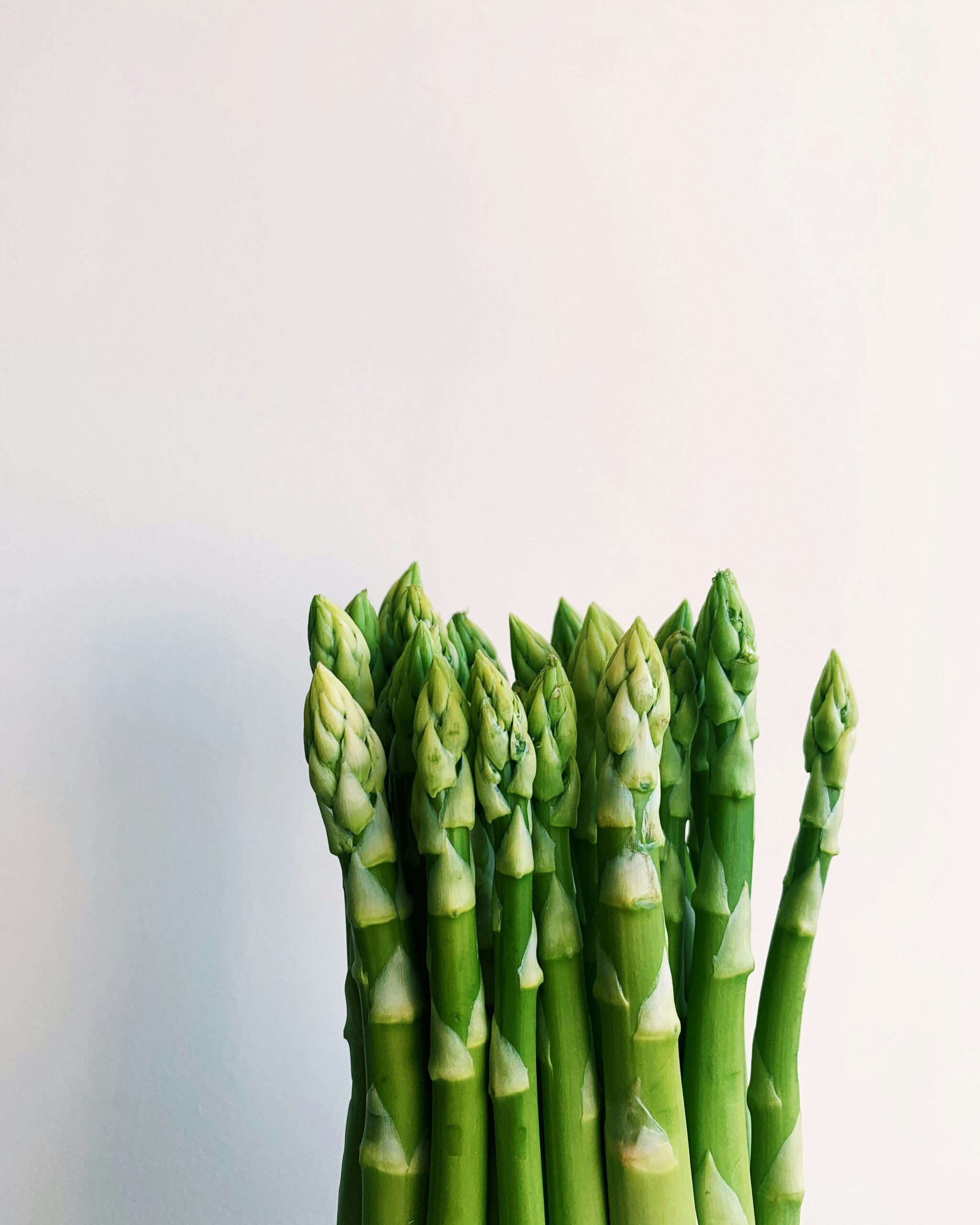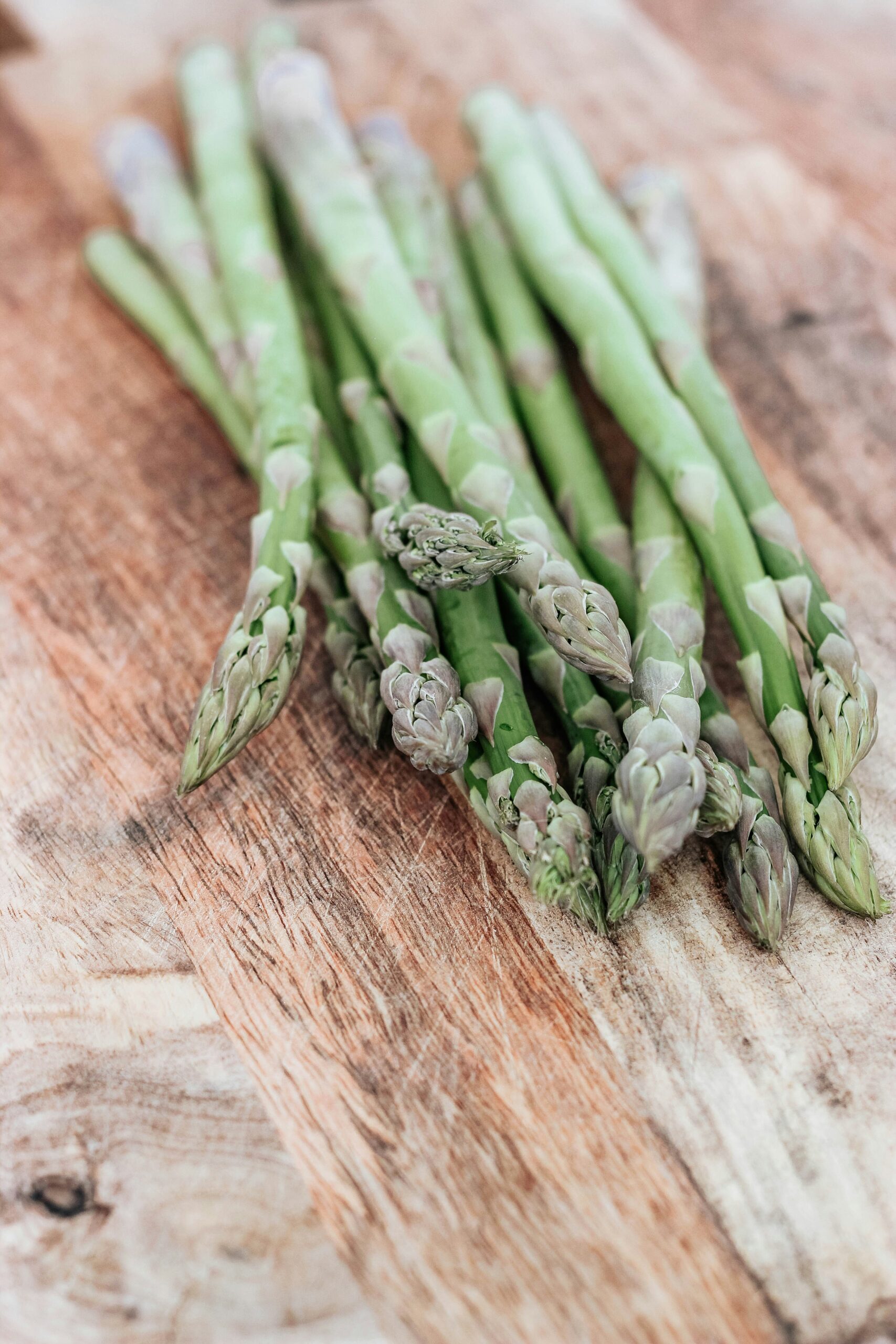Have you ever noticed a peculiar odor after visiting the restroom and wondered if what you just ate is to blame? This intriguing question has crossed many minds, leading us to delve into whether certain foods can indeed make your pee smell stronger. The answer isn’t simply a yes or no, as various factors come into play, including what you’ve been eating and drinking, how hydrated you are, and other lifestyle habits. Let’s explore this fascinating connection between diet and urinary odor.

Understanding the Science of Urine Odor
Urine, a fluid produced by the kidneys, serves to eliminate waste products and excess substances from the body. It comprises mostly water, but it also contains urea, creatinine, and a wide array of ions and molecules that contribute to its characteristic odor.
What Determines the Normal Smell of Urine?
Typically, urine has a slightly aromatic smell that’s not too strong or unpleasant. This is due to the presence of urea, a waste product formed from the breakdown of proteins. The more concentrated the urine, the more pungent the odor tends to be. This concentration is often influenced by hydration levels: the less water you’ve consumed, the stronger your pee might smell.
Factors That Influence Urine Odor
Several factors can influence the odor of your urine, including:
- Hydration Levels: As mentioned, poorly hydrated individuals tend to have more concentrated urine, resulting in a stronger smell.
- Dietary Choices: Certain foods contain compounds that can impact urine’s scent.
- Medications and Supplements: Some medicines and vitamins may change urine odor.
- Medical Conditions: Conditions like diabetes, infections, and liver disease can also alter urine’s natural smell.
Understanding these factors is crucial in deciphering why specific foods may result in a stronger-smelling pee.
Foods That Can Impact Urine Odor
Now that we’ve looked at the basic science behind urine aroma, let’s delve into the specifics of how your diet may alter this scent. Certain foods possess natural and synthetic compounds that, when metabolized by your body, can create distinct odors.
Asparagus: The Classic Culprit
Asparagus is often the poster child for dietary changes in urine odor. It’s known to produce a distinctive sulfur-like smell termed “asparagus pee,” caused by the breakdown of asparagusic acid into volatile compounds. However, not everyone can smell it due to genetic differences impacting odor detection.
Coffee: The Aromatic Instigator
Coffee is another common dietary contributor to a stronger urine smell. It acts as a diuretic, leading to increased urination and concentration of the compounds responsible for its scent. The caffeine and specific antioxidant-rich compounds in coffee are primarily responsible for this phenomenon.
Garlic and Onions: The Pungent Pair
Both garlic and onions are rich in sulfur-containing compounds, which can influence the smell of your urine upon breakdown. These compounds are potent and naturally create a strong, lingering odor that’s hard to miss.
Fish: A Unique Scent
Fish, especially when consumed in large quantities, can alter urine’s aroma. When fish is digested, a compound called trimethylamine (TMA) is produced, which can result in a fishy odor in urine. This is more pronounced in individuals with a condition called trimethylaminuria, where the body is unable to break down TMA effectively.
Brussels Sprouts and Cabbage: Cruciferous Conundrums
These vegetables are known for their health benefits and their strong impact on urine odor. Rich in glucosinolates, these compounds break down to form sulfur-containing molecules that significantly change the smell of urine.
Other Contributors: Medications and Supplements
In addition to foods, certain medications and supplements can lead to a noticeable change in urine odor. This transformation results from surplus compounds being excreted through the urine.
Vitamin B-6 Supplements
High doses of Vitamin B-6 (pyridoxine) can result in a strong, almost medicinal smell in urine. This is a result of the body expelling excess amounts that it couldn’t utilize.
Antibiotics
Certain antibiotics like penicillin can alter urine’s scent due to the compounds they contain. Some antibiotics are known for infusing urine with a distinctive musty sulfur smell.
Other Common Medications
A variety of other medications like diuretics, which increase urine production, can also modify urine odor. This is due to their ability to concentrate or introduce new substances into the urinary system.
Is It Always a Cause for Concern?
While changes in urine smell can be strange or even alarming, they’re often not a cause for concern. However, understanding when to seek medical advice is important.
When Is a Strange Urine Smell Normal?
A short-lived abnormal odor that correlates with your diet or medication is typically not concerning. Keeping track of new foods or medications can provide clarity on the cause.
When Should You Seek Medical Attention?
If you notice a persistent strong smell, especially if accompanying symptoms like pain, cloudiness, or a change in color occur, it’s advisable to consult with a healthcare provider. These could signal an underlying condition needing treatment.

Managing Urine Odor: Practical Tips
While dietary choices can’t always guarantee odor-free urine, certain practices may help control it. These simple lifestyle changes can make a significant difference in managing stronger smells.
Stay Hydrated
Drinking plenty of water can dilute the concentration of odor-causing compounds, resulting in a milder urine scent. It’s a simple yet effective way to minimize dietary contributions to urine odor.
Monitor Dietary Intake
Being mindful of your diet allows you to adjust or limit the intake of foods known to change urine smell, particularly before social gatherings or events.
Monitor Supplement and Medication Use
Discussing potential side effects of medications or supplements with healthcare providers can be valuable if a sudden change in urine odor occurs.
Consider Odor-Masking Strategies
For those concerned about temporary urine changes, certain bathroom deodorizers and similar products can help mask strong smells.
Conclusion: Embracing the Quirks
Urine’s smell can be a fascinating insight into your body’s relationship with food, hydration, and health. While it might seem strange or uncomfortable at times, these changes are often normal responses to dietary choices and hydration levels. Understanding the connection between certain foods and urine odor helps demystify this everyday bodily function. By staying informed, you can embrace these quirks, knowing when they are benign or when you might need to seek further advice from a healthcare professional.


